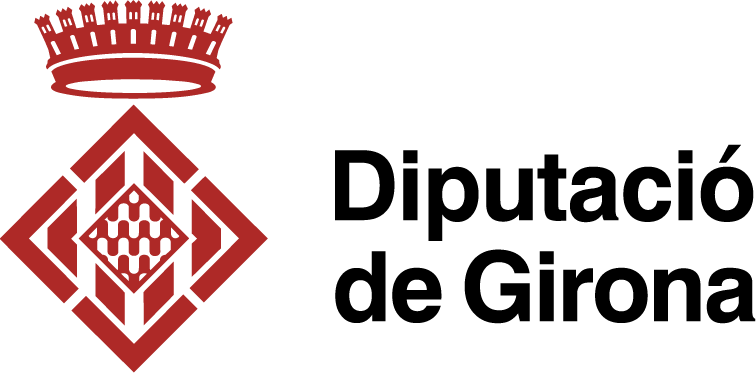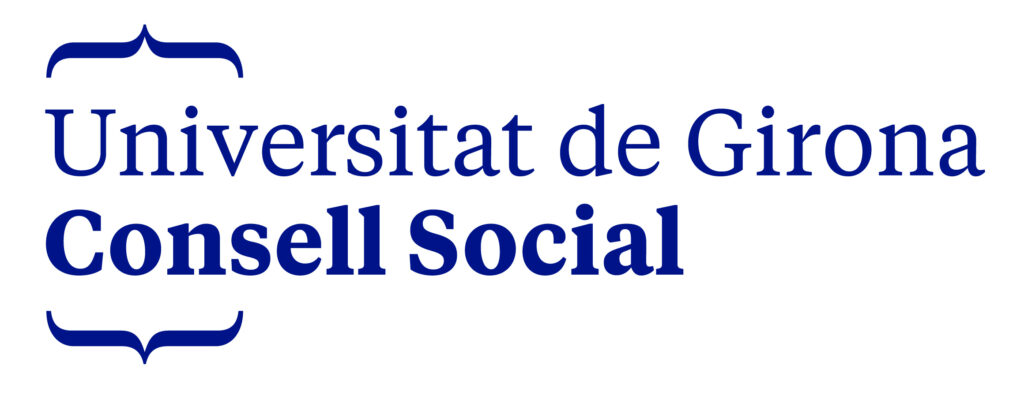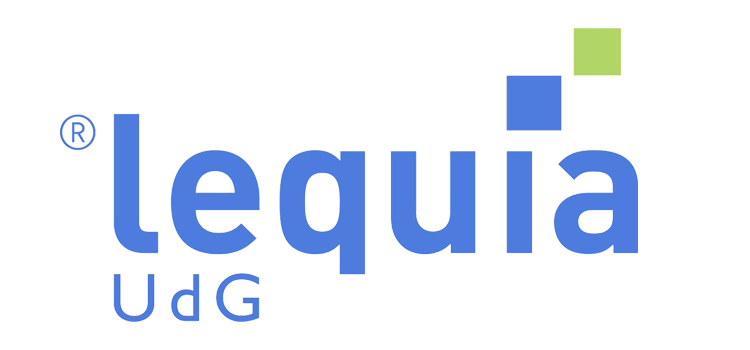Simone D’Alessandro
Thursday 28th June, 10.00 – 11.30, ICTA-UAB
Ecological macroeconomics is a new endeavour to strengthen the ecological foundations of macroeconomics and shift its focus to living well within planetary boundaries (Jackson 2011; Hardt and O’Neill, 2017). Ecological macroeconomics relies on holistic analyses of our economic system, by considering factors such as environmental pressures, employment, financial stability as well as their systemic interactions. It includes heterodox economic theory, exploring pluralistic goals in a non-optimising model, a broad conceptualisation of human well-being (beyond GDP), and incorporating both quantitative and qualitative research methods. This emerging field focuses on the need to ensure economic stability and wellbeing without relying on relentless growth in consumer demand. New models are being developed to explore solution to various problems related to the intertwined social and ecological challenges, such as the simultaneous reduction in unemployment and carbon emissions. In our understanding of the term, ecological macroeconomics should take the necessity of a societal shift towards a post-growth economy as a basic assumption and a motivational starting point from which to engage in research on how to build prosperous and inclusive societies that are not dependent on economic growth.
The lecture will facilitate a critical evaluation of existing ecological macroeconomic literature, by highlighting its potential to co-produce sound economic analysis and policy, and in turns to guide a transition to sustainable prosperity. This approach stimulates innovative thinking and a future-oriented mindset that produces holistic interpretations and new solutions to the complex and evolving issues of socio-ecological transition.
Principles of ecological macroeconomics involve a discussion of the following topics: questioning the feasibility of green growth; the role of innovation: energy efficiency vs. automation; measuring prosperity; policy-relevant research questions; scenario analysis.
Brief description of the method
The lecture will be very interactive. Starting from the discussion of the recommended reading, the teacher will make clear the main features and findings of ecological macroeconomics.
Compulsory readings:
Jackson, Tim. “Societal transformations for a sustainable economy.” In Natural Resources Forum, vol. 35, no. 3, pp. 155-164. Blackwell Publishing Ltd, 2011.
Hardt, Lukas, and Daniel W. O’Neill. “Ecological Macroeconomic Models: Assessing Current Developments.” Ecological Economics 134 (2017): 198-211.




